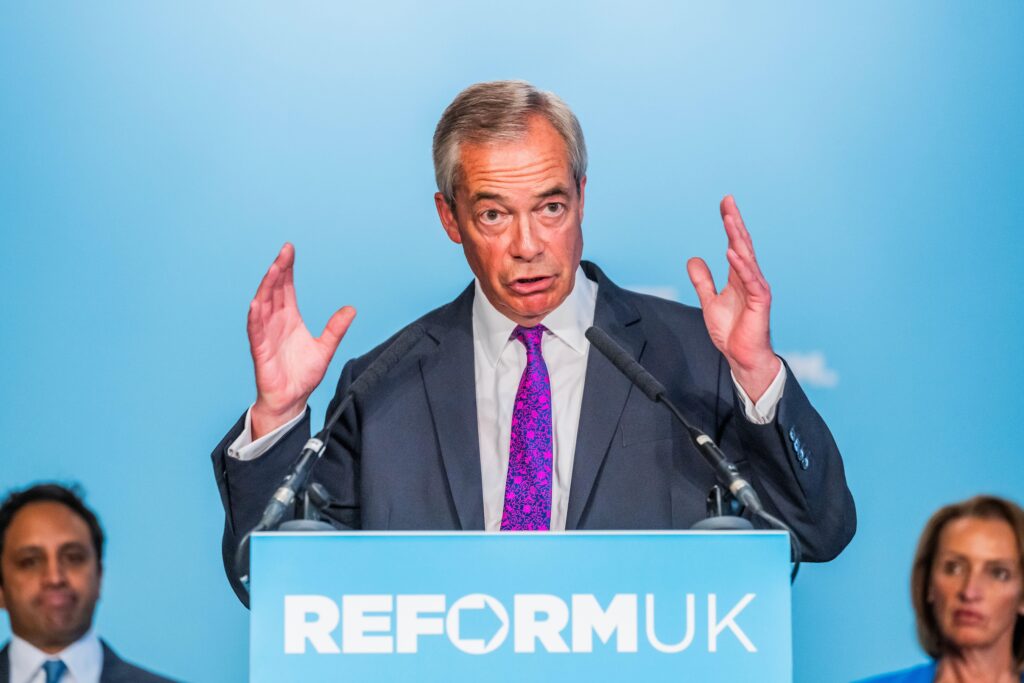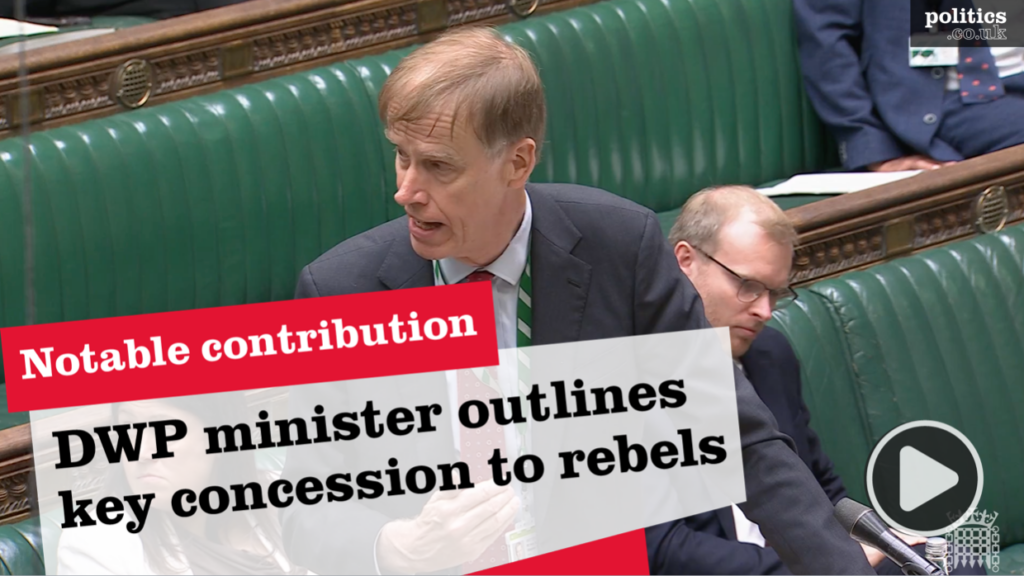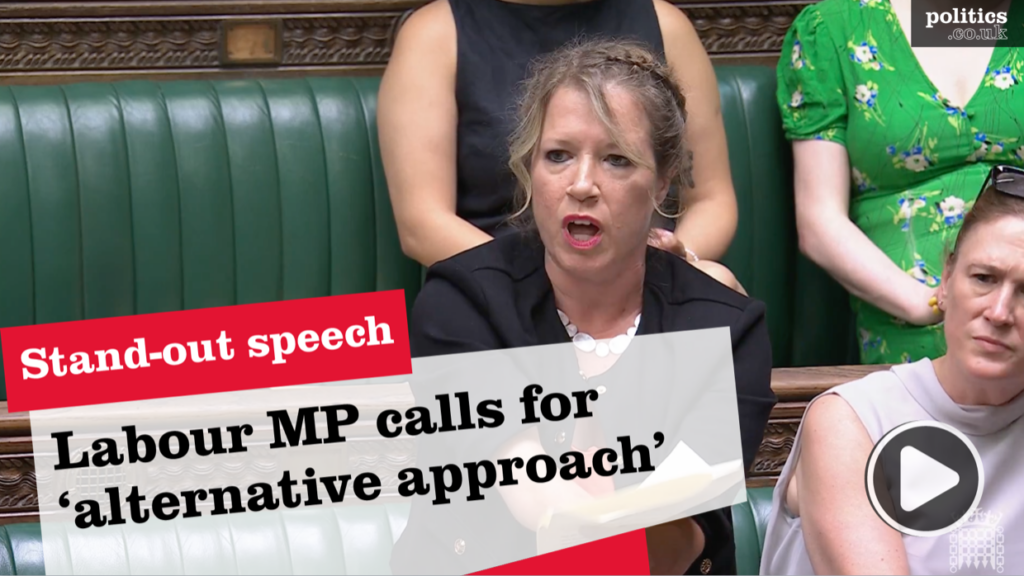Comment: Great campaign, shame about the politics
With the election campaign now over, it’s time to assess the main parties’ performances.
By Ian Dunt
The first thing to say is that they weren’t very good.
The Tories were the worst culprits. The ‘Big Society’ theme died a death pretty early on. As a fellow journalist said to me a few weeks ago – most voters don’t understand it and those that do think it sounds like a lot of effort.


For such a supposedly media-savvy political operation, the Tory campaign was disastrously ill-conceived. The party invited us to Battersea power station – and then set the event in front of a Tory campaign backdrop which could have been put anywhere. It banged on about national insurance tax, but this policy had little political impact on the electorate beyond small-business owners, who were predominantly going to vote Tory anyway.
There was a pernicious sense of fabrication, as the Tories’ tough ‘bad times are coming’ message was replaced with an abject lack of details about what would be cut and when. All parties were guilty of this, but the Tories were the most culpable because they had previously centred their campaign around their honesty on public spending cuts.
The party’s pledge that it would pursue a positive campaign quickly faded away. Instead it put up posters across the country featuring Gordon Brown, in a sure sign the party was relying on Labour unpopularity, rather than its policies, to win the election. Its party political broadcast against ‘the hung parliament party’ was patronising and tawdry. Its central message of the latter half of the campaign – ‘vote Clegg get Brown’ – sat uneasily with its commitment to maintaining the first-past-the-post-system.
Labour had no such inconsistencies, but it was equally negative, and profoundly lacklustre. Brown looked set to drop within days of the campaign. The efforts to get him on the campaign trail were a disaster. The ‘bigot’ gaffe highlighted the prime minister’s utter misunderstanding of the media, but just as damaging was his behaviour when nothing went wrong.
His attitude to voters was mechanical and horror-inducing. Videos of him parading around supermarkets telling everyone it was good to see them, asking their age, and then informing them, bizarrely, that it was a good age, would have damaged the Labour campaign quite profoundly if the networks hadn’t cut away out of boredom.
Labour strategists opted for an ‘experience’ angle, urging voters to trust in Brown in dangerous economic times. Most historical data – internationally – suggests this does not work. The experience vs change argument always tips in favour of change.
Brown was in a spectacularly inappropriate political position to adopt it, anyway. The financial crisis may not have been Brown’s fault. It was laughable of opposition parties to suggest it was. But having been in charge for 13 long years, Brown’s commitment to cutting down banking regulation was clearly documented. There was no reason to think he’d be the best man to fix a problem he singularly failed to spot.
The Labour manifesto was a dull affair, with Peter Mandelson’s ‘Blair-plus’ description a fitting, and inadvertently damning, assessment. The campaign message was supremely confusing, for those who care about such things. The rhetoric was firmly centre-left, in what appeared to be a bid to firm up the core vote. But the manifesto was full of the kind of public sector liberalisation policies which drove away much of Labour’s core support in the first place. Those policies which were genuinely radical – such as electoral and House of Lords reform – had the unfortunate quality of being present in the 1997 Labour manifesto, leading to predictable objections from journalists. Ultimately, the Labour campaign failed to explain why the party wanted to be government, and confirmed the sense that it had lost its way.
As for the Liberal Democrats, it’s hard to remember that the party even had a campaign. Its opening days were mind-numbingly tedious. The only noteworthy item emerging from the (painfully) early press conferences was that Clegg’s lectern was always put an inch ahead of Vince Cable, just to remind people he was the leader.
But then the campaign disappeared, just like that, with Nick Clegg’s first TV debate performance. Local campaign literature was furiously rewritten to get more of that Clegg effect in it, and HQ’s tactics were redrawn into ‘the Nick Clegg story’. A media pack five times the size of that which he started with began to follow the Lib Dem leader everywhere, as if he was the Pied Piper of Hamelin.
It has been a very successful period for the Lib Dems, but that does not make their campaign effective. The truth is, the Lib Dem campaign disappeared as soon as the reaction to the TV debate became clear. This was not a campaign, it was a bunch of strategists being thrown this way and that by a completely unprecedented political development. They appear to have enjoyed it, but the campaign followed the public perception, not the other way round. What we have seen of the proactive Lib Dem campaign -the insistence on the same ‘fairness’ rhetoric employed by Labour, for instance – has actually been very weak.
The election campaign period was saved by the TV debates, which introduced colour, uncertainty, debate and drama into a drab and uninspiring process. Think back to before they took place. The narrative centred on national insurance contributions, with a war between Labour and the Tories which basically consisted of how many businessmen were writing into newspapers. That was dull. If it wasn’t for the TV debates, it would have stayed that way.
The main parties’ individual campaigns have been awful – but the general election campaign has been exceptional.
The views expressed in politics.co.uk’s comment pages are not necessarily those of the website or its owners.












